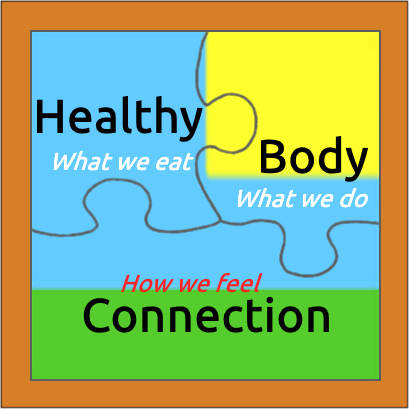
Tomatoes. Whether they’re sliced in a sandwich, chopped into a salad, pickled, stewed, or cooked into our pasta sauces and condiments, we love ’em. And why not? They’re delicious, versatile, and one of the best health-boosting foods that you can put into your body.
Brimming with Nutrients
Tomatoes are chock full of vitamins and minerals. Just one medium tomato has 40% of the recommended daily value of vitamin C, and 20% of vitamin A. Many organizations, such as the National Cancer Institute, have made recommendations to increase the dietary intake of fruits and vegetables that are high in these vitamins. Additionally, there is almost as much potassium in a medium tomato as there is in a banana, and more than twice that amount in a cup of tomato puree!
Tomatoes, much like blueberries, also contain important phytochemicals. Phytochemicals, also often called antioxidants, are a variety of compounds, made by plants, that may have an effect on our health. Some of the more well-known phytochemicals that are found in tomatoes are beta-carotene, ascorbic acid (vitamin C), folic acid, and zeaxanthin. In fact, tomatoes are one of the few food sources there are for lycopene, another phytochemical that has been connected with many health benefits.
The health rewards associated with the nutrients found in tomatoes are astonishing, and plentiful:
• Protection from age related macular degeneration
Both lutein and zeaxanthin have been linked to the prevention of age related macular degeneration, a common eye condition that causes vision loss in people age 50 and older.
One cup of canned tomatoes contains 40 micrograms of lutein, and 48 micrograms of zeaxanthin.
• Reduced risks for heart disease, strokes, and more
Including tomatoes and tomato based products in a healthy diet has been identified as reducing risks for coronary heart disease and strokes. One possible explanation for this is the high potassium content found in tomatoes. Dietary potassium has been linked to lower blood pressure in adults. Having high blood pressure has been shown to be related to many serious health concerns, like arterial damage, enlarged heart, heart failure, kidney failure, and strokes.
• Protection from many types of cancer
According to the Journal of the National Cancer Institute,
“Intake of tomatoes and tomato-based products and plasma levels of lycopene, a carotenoid found predominantly in tomatoes, have been relatively consistently associated with a lower risk of a variety of cancers. Evidence is strongest for cancers of the lung, stomach, and prostate gland and is suggestive for cancers of the cervix, breast, oral cavity, pancreas, colorectum, and esophagus.”
It is necessary to note: the findings mentioned above are all in relation to dietary intake, and not supplemental intake. This is especially true of lycopene. Currently, there is not enough understanding about lycopene as a pharmacological supplement to recommend taking it for any health reasons. Moreover, while many health experts associate the healthy attributes of eating tomatoes and tomato products to lycopene, it is not yet clear if the lycopene alone is responsible. The beneficial properties may be related to the other compounds found in tomatoes, in combination with the lycopene. It’s important to remember to eat a diet rich in fruits and vegetables, which includes tomatoes and tomato products.



